The Independent's journalism is supported by our readers. When you purchase through links on our site, we may earn commission. Why trust us?
The 4 expert-recommended tips for looking after your scalp
We spoke to leading trichologists to cut through the noise and bring you the essential guidance
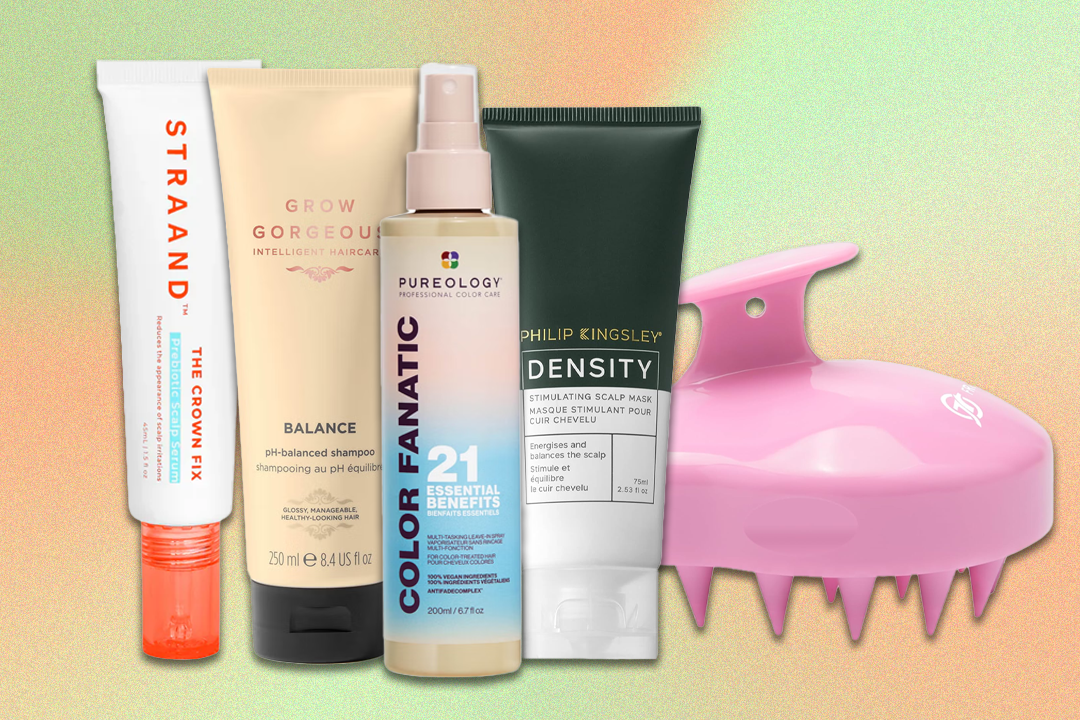
Your support helps us to tell the story
From reproductive rights to climate change to Big Tech, The Independent is on the ground when the story is developing. Whether it's investigating the financials of Elon Musk's pro-Trump PAC or producing our latest documentary, 'The A Word', which shines a light on the American women fighting for reproductive rights, we know how important it is to parse out the facts from the messaging.
At such a critical moment in US history, we need reporters on the ground. Your donation allows us to keep sending journalists to speak to both sides of the story.
The Independent is trusted by Americans across the entire political spectrum. And unlike many other quality news outlets, we choose not to lock Americans out of our reporting and analysis with paywalls. We believe quality journalism should be available to everyone, paid for by those who can afford it.
Your support makes all the difference.Many people consider skincare and haircare as part of everyday life but scalp care – at the crossover of the two – can often be overlooked. Now, everyone is talking about the ‘skinification of hair’, and it’s dawning on many of us that we’ve never even considered scalp care and its role in hair health. The 4 expert-recommended tips for looking after your scalp.
Recently, the market has exploded with products that claim to help you take care of your scalp, but diving straight in could lead to more harm than good. So, we’ve spoken to top trichologists to cut through the noise and deliver the real essential guidance.
Premium Australian brand Straand has been one of the trailblazers in the skinification of hair – if you don’t know about its award-winning crown fix scalp serum (£20, Straandscalpcare.com), get to know it. So, calling on the brand’s resident trichologist Chelcey Salinger (executive director of the International Association of Trichologists), was a no-brainer.
Closer to home, we spoke to London-based trichologist Tiffany Hall, as well as high-fashion hair stylist-turned-trichologist Natalia Souza, founder of Reflect Hair Clinic. Here’s what they had to say.
Why is scalp care important?
According to Souza, scalp health is the foundation for hair growth and overall hair quality: “Neglecting scalp health can lead to clogged follicles, inflammation, and an impaired hair growth cycle, ultimately affecting the density, texture, and longevity of your hair.”
She also explained how important scalp care is for avoiding common scalp conditions: “A healthy scalp ensures an optimal environment for hair follicles, preventing issues like dandruff, seborrheic dermatitis, and scalp psoriasis that can hinder hair growth and cause hair loss.”
“Proper scalp care regulates sebum production, maintains the scalp’s pH balance, and promotes circulation, all of which are essential for nourishing the hair roots,” says Souza.
Cleansing the scalp
While trends are leaning toward reducing how often you shampoo, it is important to keep your scalp clean with regular cleansing (two to three times a week for most hair types). Souza says the simplest way to improve scalp health is to “keep your scalp clean and well-hydrated, by using a mild, pH-balanced shampoo. This helps remove excess oil, dirt, and product build-up that can clog hair follicles.”
If you haven’t used a pH-balanced shampoo before, try one such as the Grow Gorgeous balance pH-balanced shampoo (£14, Lookfantastic.com).
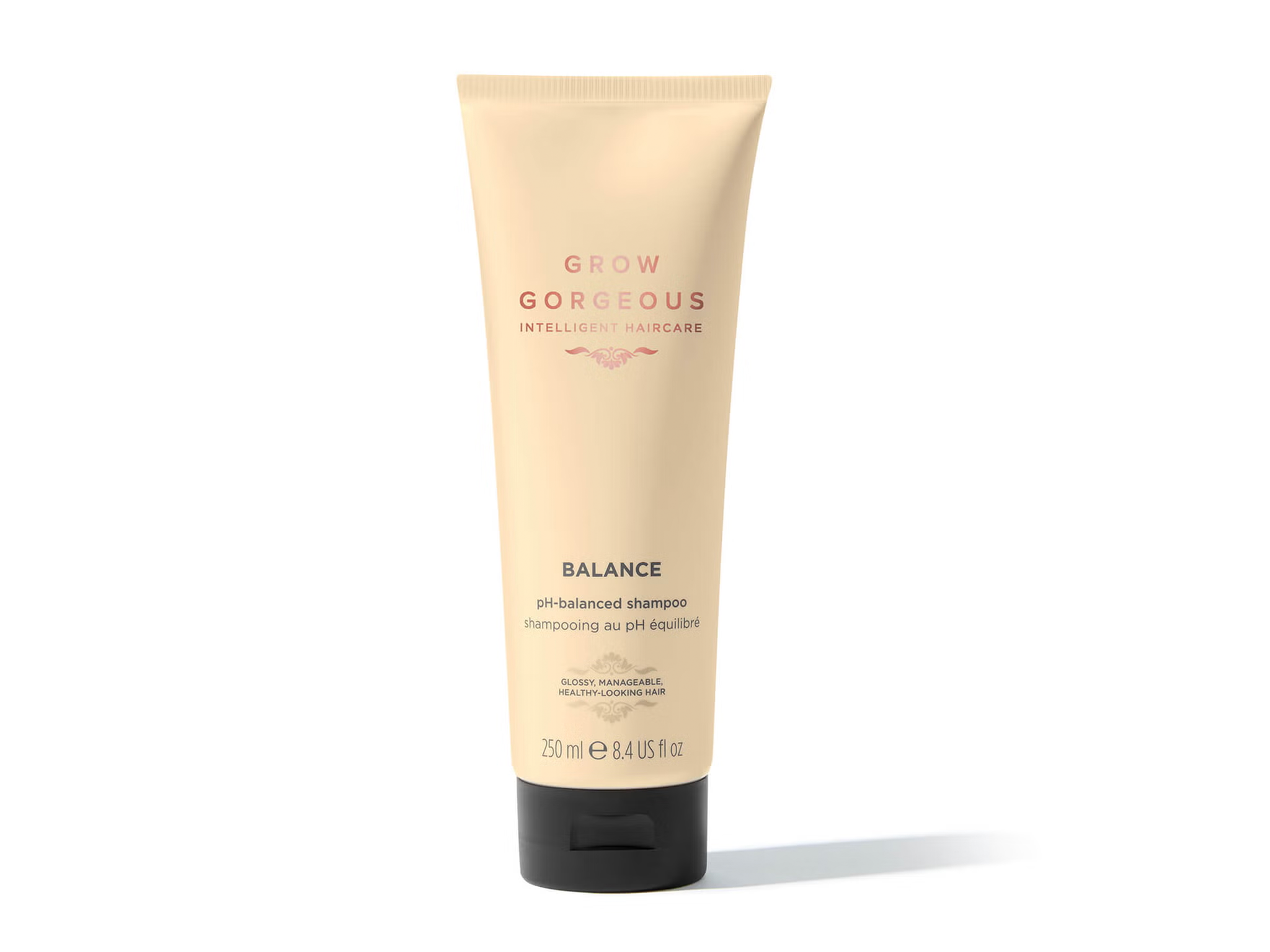
The pH part is not to be overlooked. Echoing Souza, Hall recommends: “Use a shampoo with a pH of about 5.5 (the natural pH of the skin). This will help to maintain a healthy microbiome on the scalp.”
Opt for lukewarm water over steaming hot when you shower, as Souza warns that heat can dry the scalp and hair. Salinger adds: “You sweat more when the scalp is too hot, which influences the pH of the scalp and then the balance of microorganisms.”
One more trick? Souza recommends a shower filter to help protect against dryness, particularly game-changing in areas with hard water. Hello Klean’s shower filter (£65, Amazon.co.uk) is a great one to try.
How does nutrition and diet affect the scalp?
Diet plays a huge part in scalp health. Souza says proper follicular nutrition can be achieved by “incorporating a balanced diet rich in essential nutrients like biotin, zinc, and omega-3 fatty acids, to further support scalp health and promote stronger, healthier hair growth”.
But your diet has a multi-pronged impact, as gut health itself also impacts your hair. “Eat plenty of fibre (fruits and vegetables, nuts and grains), protein and cut out refined sugar from your diet,” advises Salinger. “This will create the right microbiome in the gut which, in turn, influences our health including scalp health.”
A poor diet can also cause inflammation in the body, which, according to our experts, is a common cause of scalp conditions. As well as ensuring you have a healthy diet, you can also buy hair gummies, such as those from Hair Gain (£29.99, Cultbeauty.co.uk), which are said to help give your strands a boost.
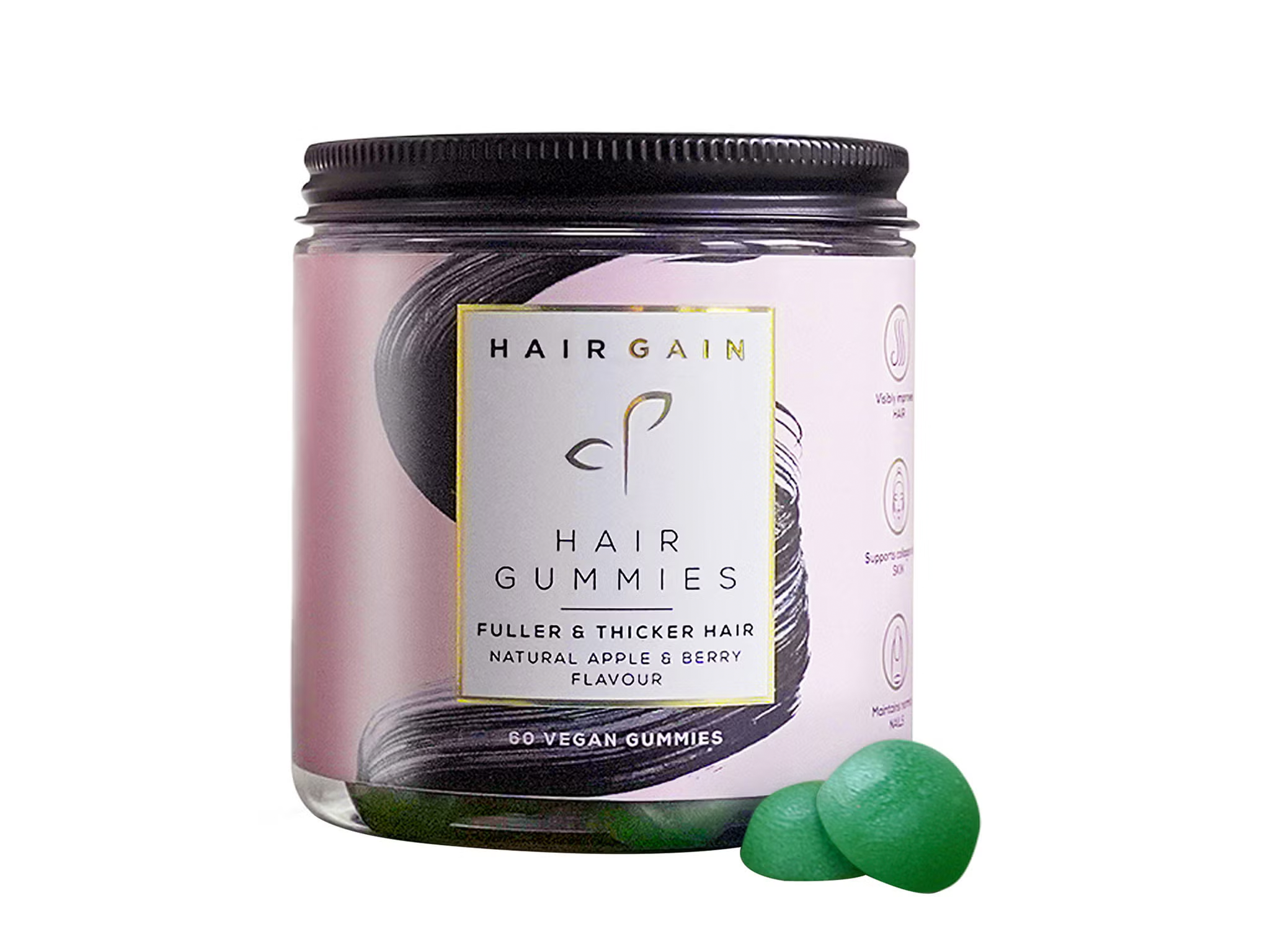
The importance of circulation
Circulation is vital for getting nutrients to the scalp and follicles, and for keeping them oxygenated. While Hall swears by regular scalp brushing and scalp masks, Souza is also a fan of a good old-fashioned scalp massage: “Promoting optimal scalp circulation through regular scalp massages enhances nutrient delivery to hair follicles, supporting healthy hair growth and reducing the risk of thinning.”
There are plenty of scalp massage brushes and tools – such as Aveda’s (£27.99, Johnlewis.com) and Freatech’s (£5.99, Amazon.co.uk) – available to help with this process.
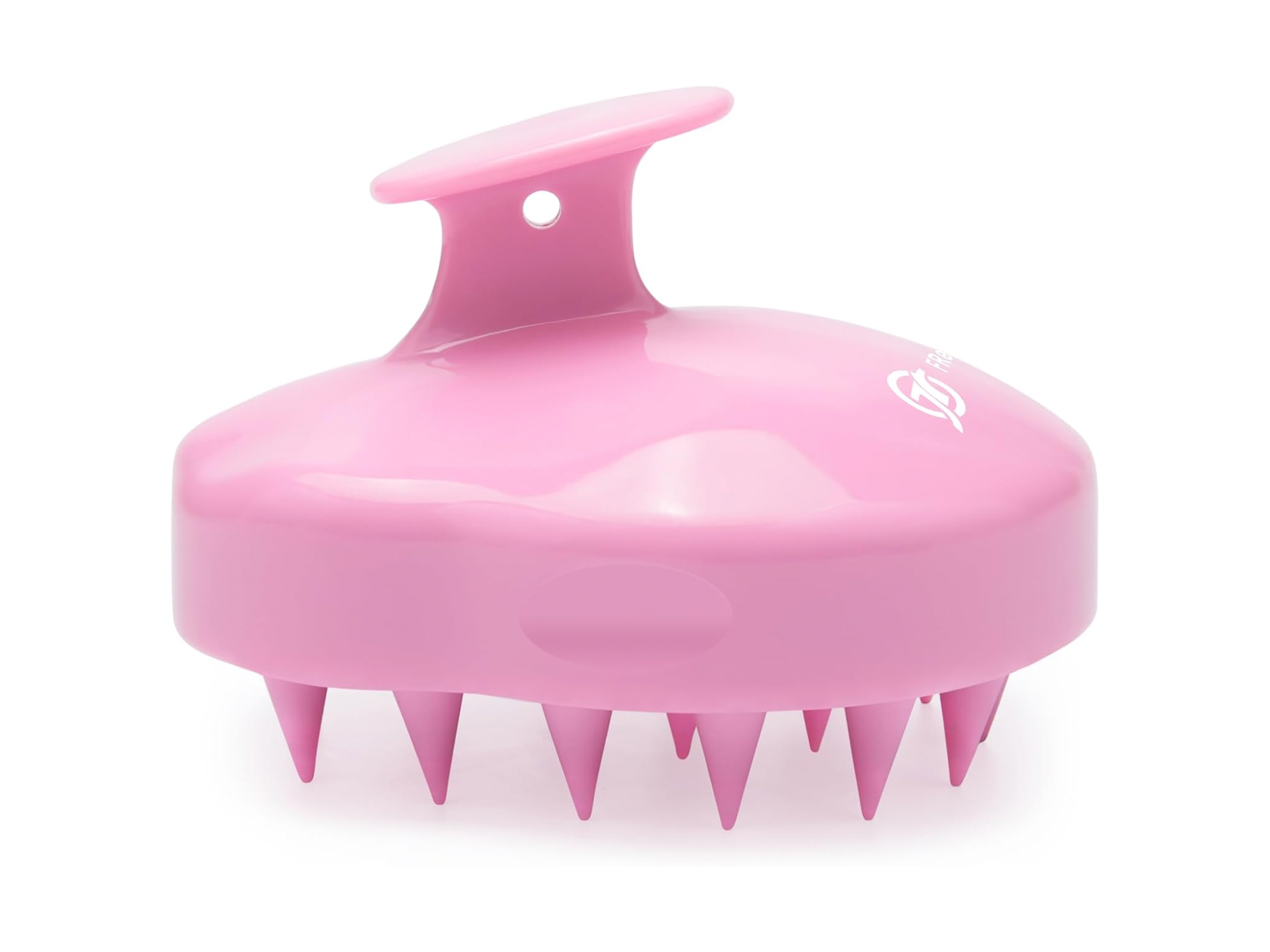
There are so many great products out there, but don’t overdo it as too much heavy product can clog pores. When introducing scalp serums, oils, and masks, it may be best to try things gradually: “You can over-treat the scalp if you’re using products for the wrong condition. With the market being so saturated with products that say they do different things if you’re trying lots at once, it can agitate the scalp,” says X.
A weekly scalp mask is Hall’s top tip for scalp health but, if you’ve got a scalp condition, she says it’s important to get one tailored to you, to avoid exacerbating the issue. The Philip Kingsley density stimulating scalp mask (£25, Amazon.co.uk) is well worth a try.
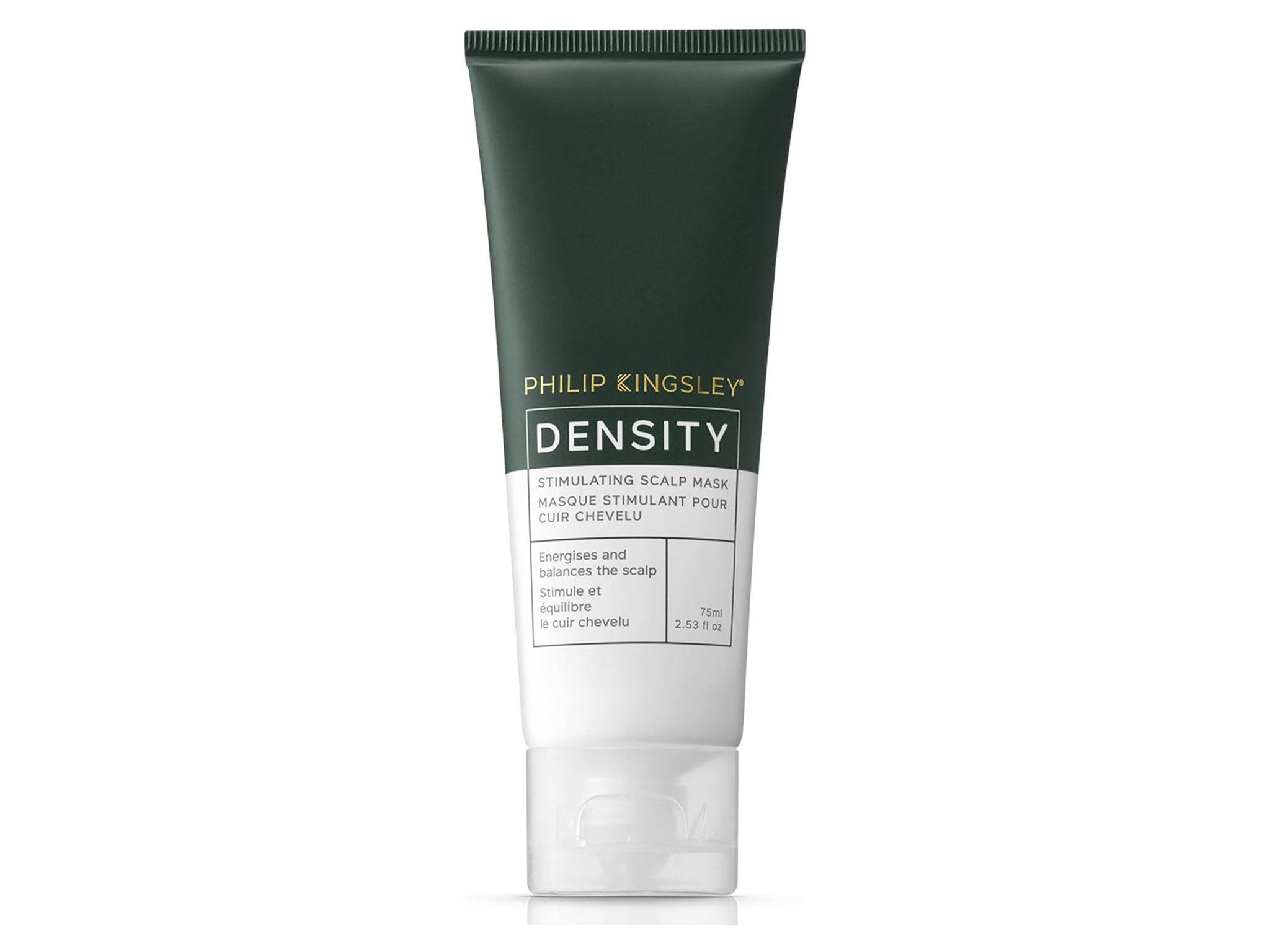
What to avoid
As well as knowing what you should be doing to improve scalp health, it’s also worth taking note of the practices to avoid. “Excessive use of harsh chemical treatments, such as frequent hair colouring or relaxers, can damage the scalp’s protective barrier and lead to irritation or burns,” says Souza.
She adds: “Using heat styling tools at high temperatures without protection can dry out the scalp and cause inflammation,” while “repetitive use of tight hairstyles like ponytails or braids can create tension that damages hair follicles and leads to conditions like traction alopecia, which sometimes can be scarring”.
To help guard hair while using heat styling tools, a heat protection spray is always a good idea. Our reviewer rated Pureology color fanatic multi-tasking leave-in spray (£31.20, Lookfantastic.com) as their top pick.
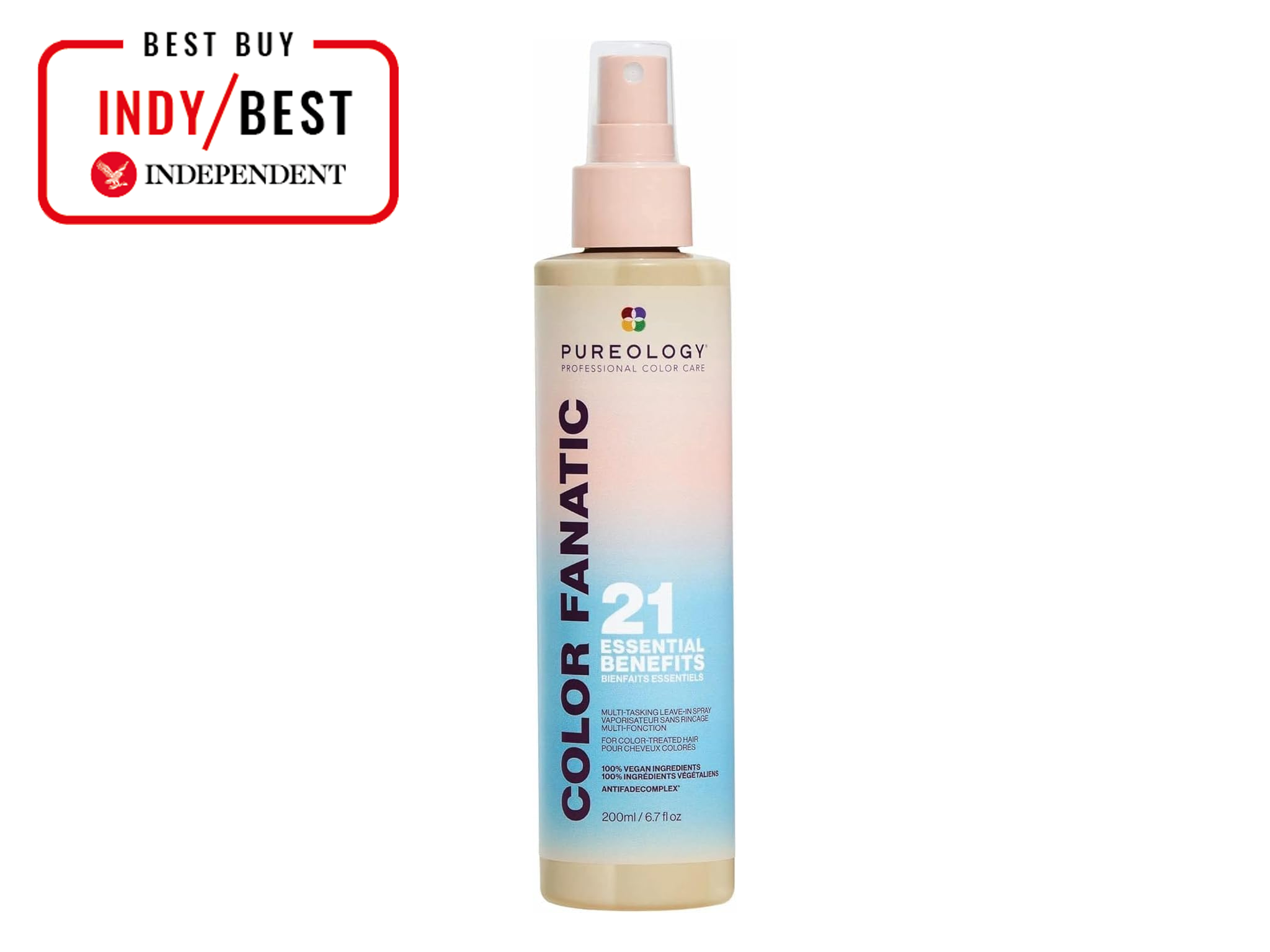
Now that you’re up to speed, go forth and enter your healthy scalp era. If you’re experiencing itching, irritation or dryness that doesn’t go away after the above advice, Hall says don’t delay getting it looked over by a professional. “If you let any issues like this become severe, it can impact your hair health and can develop into a chronic condition,” she explains.
For more ways to get strong, glossy locks, check out our review of the best hair oils for every hair type and budget